 View from my hospital bed.
View from my hospital bed. Y'all, I had to have major surgery during the pandemic! And when I first heard that from my doctor I was shocked, and then I became terrified. I am sharing my story because the tools I used to navigate having a hysterectomy during this challenging time are helpful in a variety of situations.
I wanted to have a positive experience with this surgery. My anxiety wanted me to worry about everything. But that emotional toll can cause physical problems, and I knew from experience that having my body in good physical shape would help me recover more quickly and wholly.
I created a healthy toolkit for myself just for this surgery. This is the work I do with health coaching clients in which I help them create a healthy toolkit so they have a system in place that helps them achieve their health goals.
Here is what I put in my surgery healthy toolkit:
Hired a psychotherapist. Have you met my anxiety? She can be useful for some stuff. In general, though, she tends to worry all the time about all the things. For example, on trips she'll try to convince me that the pilot is drunk and the plane has mechanical problems. I knew going into surgery that having a good mindset would be essential to the success of my recovery. And it worked! Collaborating with a therapist helped so much that the morning of surgery I was so calm that I fell asleep while in the prep room before being wheeled into the operating room and before receiving anesthesia. Wow!
Eliminated recreational sugar and alcohol. Years ago, before I was diagnosed with celiac disease, I had chronic foot warts. It turns out that those warts were a result of eating wheat. I know this is a tangent, but bear with me. There are a lot of food allergies, intolerances, and autoimmune diseases that people think they don't have because they believe the only symptoms of these maladies are digestive distress. This, frankly, is not a true story. I know celiacs who had no symptoms before their diagnosis and only got tested because a family member had been diagnosed with the disease. My celiac symptoms were foot warts and respiratory distress. So I spent a lot of time getting to know my podiatrist. And he introduced me to the concept of inflammatory foods. He required all his surgical patients to eliminate sugar and alcohol weeks before surgery so they would have less pain and recover faster. And it worked! His nurse told me that his patients always had the best results. I have had this tool in my back pocket ever since and I definitely employed it recently. I walked away from alcohol last May because it was making my body feel crummy most of the time. Since then, I had have a sip of Brian's wine at dinner sometimes just to see how it pairs with the food. And I enjoyed a class of prosecco on New Year's Eve. Net, this one was easy as I stopped having an occasional sip of Brian's dinner wine. To eliminate recreational sugar, I stopped baking, stopped eating my beloved daily piece(s) of dark chocolate, and stayed away from snacking on marshmallows. I was told it would take at least two weeks after my hysterectomy before I started to feel better. I feel like I hit that mark at 10 days post-surgery. In fact, I keep forgetting to take my pain meds because, well, the pain has diminished greatly. Staying away from foods that inflame pain helps!
Went for daily walks. And when I say I walk, I do not mean with the dogs or with other humans. I went on walks specifically for me. I went on walks through nature and noticed flowers. I went on fast walks and short walks and long walks. I went up and down hills. The only rule was that these walks were for me and me alone. Walking is a standard item in my healthy toolkit. It's how I process my thoughts. It's part of how I stave off depression and anxiety. And I did a walk for me almost every day during the month before my surgery. It meant that my body was in good shape and my heart was healthy going into surgery.
Prioritized sleep. One of the biggest sources of inflammation in the body is lack of good sleep (source). For years, sleep has been in my healthy toolkit. I get good sleep by not keeping a TV or my phone in the bedroom, having a bedtime routine that prepares my body for sleep, and by establishing boundaries around my sleep to protect it. In the past, when I haven't consistently gotten 7.5 to 8 hours of sleep, my autoimmune diseases will flare up, my depression will set in, brain fog will creep in, etc. Preparing for this surgery was no different as I prioritized 8 hours of sleep each night in the month before surgery. It helped immensely. And now, as I recover, I am resting when my body wants to rest, and I am sleeping somewhere between 8 and 12 hours each night. It's essential for a full recovery.
Got by with a little help from my friends. I have a treasure trove of friends and so many of them gave me some great advice prior to surgery from aligning expectations about the experience to what it's like to cough while nursing an abdominal incision (the worst pain ever!). They sent cards and flowers and soup and coloring books and books and checked in with text messages and emails and phone calls. All that love and support has been essential to my recovery. We live in an area with few friends and no family (we moved here right before the pandemic began), and my husband has really stepped up to take care of me during my convalescence. Knowing I have a partner who is there for me has been so helpful to my recovery.
To recap, here's what I put in my healthy toolkit for my surgery:
- Psychotherapy
- Eliminated sugar and alcohol
- Daily walks just for me
- Sleep
- Friends
Hey, if reading this made you want to create your own healthy toolkit, contact me for a complimentary call to see if health coaching is a good fit for you!

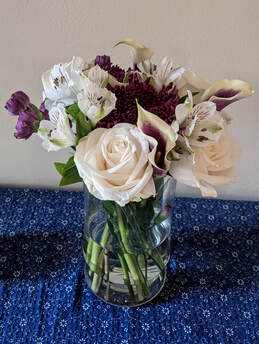
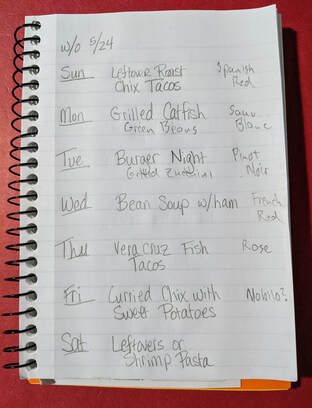
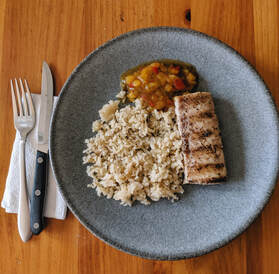
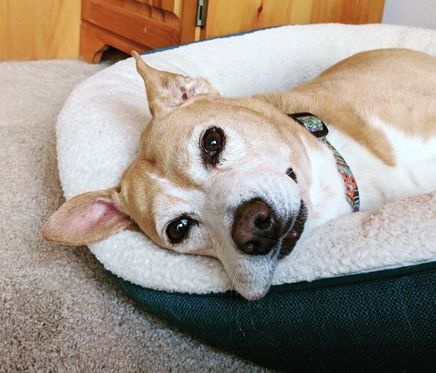

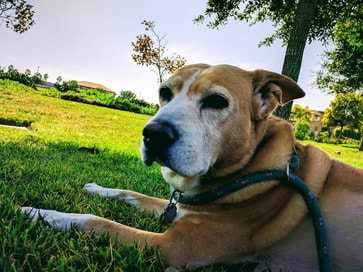

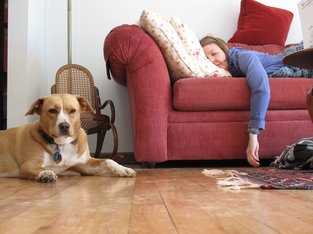
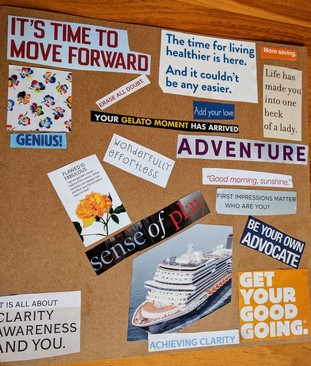
 RSS Feed
RSS Feed